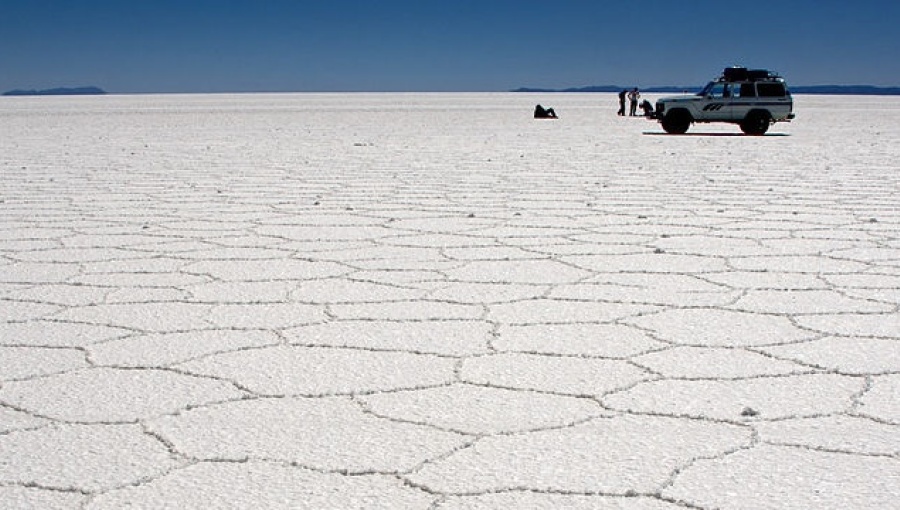Bolivia has long aspired to become a key player in the global lithium market, thanks to its vast reserves of this critical resource. Lithium, essential for electric vehicle batteries and energy storage, is pivotal to the global shift toward cleaner energy. Recently, Bolivia made a major move by partnering with Russia’s Uranium One Group, part of the Rosatom state corporation, in a deal worth nearly $1 billion to construct a lithium carbonate plant at the famed Uyuni salt flats. This ambitious venture will leverage advanced Russian Direct Lithium Extraction (DLE) technology, which has the potential to transform lithium extraction.
DLE technology is being touted as revolutionary, capable of extracting over 80% of lithium compared to just 12% with traditional methods, all while using fewer chemicals, making it a more eco-friendly alternative. However, there is some skepticism. While the promises are bold, this technology has not yet been fully proven in real-world applications on such a large scale. Bolivia’s unique environment and complex social dynamics add further uncertainty about whether this technological leap can truly deliver on its promise.
Political factors also complicate the situation. Bolivia has faced years of political instability and division, making it difficult to execute large-scale projects. With national elections set for 2025, there’s a risk the process could slow down or be mired in controversy over the transparency of such deals. Additionally, navigating Bolivia’s intricate bureaucracy and complying with stringent environmental regulations presents a formidable challenge for the companies involved, potentially causing significant delays.
Environmental concerns are another major factor. Bolivia is renowned for its fragile and biodiverse ecosystems, and large industrial projects like this one risk disrupting that delicate balance. Even though DLE is marketed as a cleaner alternative, calling the project “green” would be an overstatement. Large-scale mining operations inevitably raise environmental concerns, and protests from local communities and international environmental organizations are likely. Water usage, in particular, will need to be carefully managed in the dry Uyuni region.
If successful, this project could reshape the global lithium market. Demand for lithium, particularly for electric vehicle batteries, is soaring, and Bolivia could play a pivotal role in meeting that demand. But Bolivia isn’t the only player in the game. Countries like China, Australia, and Argentina are also scaling up their lithium projects, intensifying competition. Bolivia will need to overcome not only technological hurdles but also issues related to infrastructure, logistics, and political stability to succeed on the global stage.
Ultimately, Bolivia’s partnership with Uranium One could be a major step toward realizing its lithium ambitions. However, the road ahead is fraught with challenges. Political instability, environmental concerns, and stiff competition will determine whether Bolivia can emerge as a global leader in lithium production or if its ambitions will remain unfulfilled.


